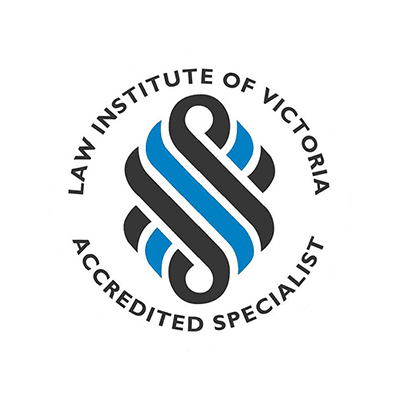Legal obligations of an Attorney under a Power of Attorney

By accepting the position of Attorney; the Attorney acts as legal agent and takes on serious responsibilities being accountable to the Donor for all acts carried out under the Power of Attorney.
ATTORNEY'S OBLIGATIONS
The Attorney must always exercise the powers given by the Donor honestly and with reasonable diligence to protect the interests of the Donor.
The Attorney cannot enter a transaction for the Donor, which involves a conflict between the Attorney’s interests and those of the Donor, unless the Donor clearly allows the transaction in the Power of Attorney. For example, if it is necessary to sell some of the Donor's property, it is a breach of the Attorney’s obligations to sell it to one’s relative.
The Attorney must keep his money and property separate from the Donor's money and property, unless they are joint owners or operate joint bank accounts.
The Attorney must keep proper accounts and records showing how he handled the Donor's money and property. Legal authorities may require the Attorney, or anyone interested in the Donor's welfare to produce these accounts and records.
If the Attorney does not carry out his duties properly, the Attorney may compensate the Donor for any loss. If, after the Donor becomes incapacitated, the Attorney wishes to stop being the Attorney, it is necessary for the Attorney to seek legal advice.
NEED MORE INFORMATION
Behan Legal assists and advises on these important issues. For an appointment, call 03 9646 0344.


